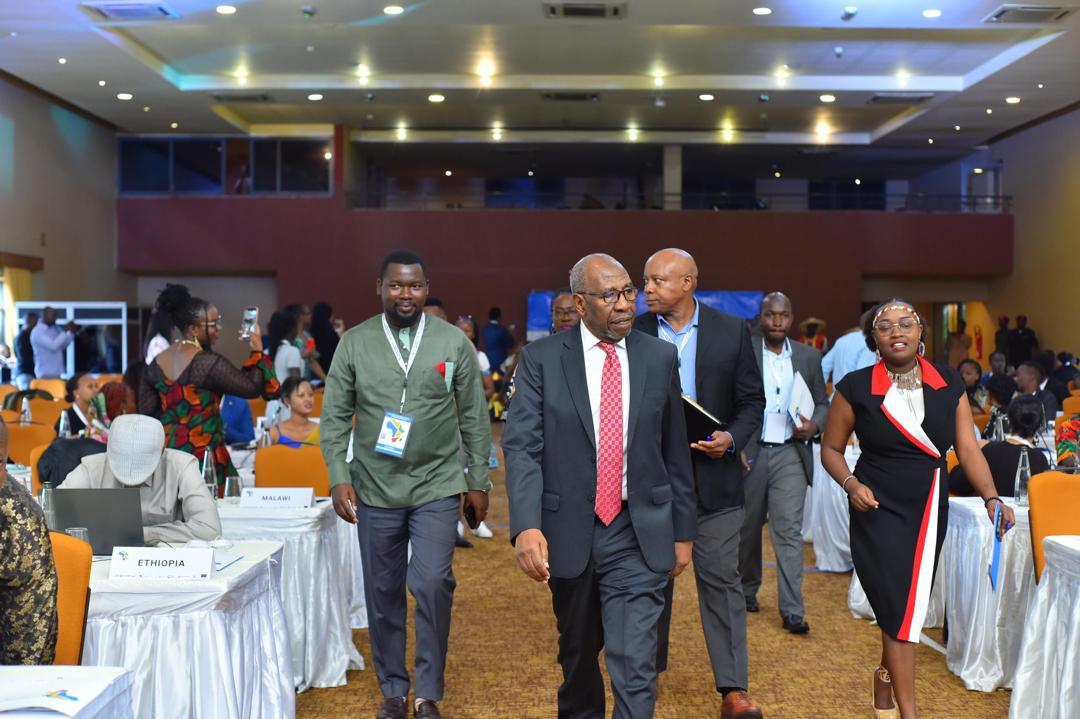Prime
South Africa looks to strip Gupta brother's residency

Ajay Gupta (left) and Atul Gupta
South Africa has launched proceedings to strip the permanent residency status of one of the lynchpins of a controversial Indian business family accused of corruption, an official said on Sunday.
Ajay Gupta, a fugitive sought by police over alleged graft, now faces the prospect of losing access to banking facilities as well as his South African identity papers if his residency is rescinded.
Ajay is one of three Indian-born Gupta brothers who are among South Africa's richest people who are now being investigated by police over corruption allegations. The country's graft watchdog has also accused them of having improper links to former president Jacob Zuma.
Home Affairs Minister Malusi Gigaba has discussed the "the possibility of revoking Ajay's residency" with President Cyril Ramaphosa, his spokesman told AFP.
"Since then, he has instructed the director-general of home affairs to investigate the legal environment for that to happen," Mayihlome Tshwete told AFP.
Gigaba has had a torrid week after insisting that Ajay's brother Atul was not a South African citizen, only to be contradicted by the election commission which confirmed he was a citizen who was listed on the electoral register.
Gigaba then skipped a sitting of parliament on Wednesday at which he had been due to answer MPs' questions, citing illness.
South Africa has launched several investigations into the Guptas and Indian tax officials this week raided several properties belonging to the brothers in their former hometown as part of a money-laundering probe.
Last month, South African authorities raided Gupta properties in Johannesburg as part of the ongoing investigation into the alleged graft.
Ajay was declared a "fugitive from justice" by police after failing to respond to a summons.
Thirteen other people are facing charges linked to allegations that the Guptas embezzled millions of dollars of public money meant for poor South African dairy farmers.
They are also accused of receiving highly-favourable government contracts during Zuma's presidency.
Led by Atul, the family arrived in South Africa in 1993 as white-minority apartheid rule crumbled, a year before Nelson Mandela won the country's first democratic elections.




